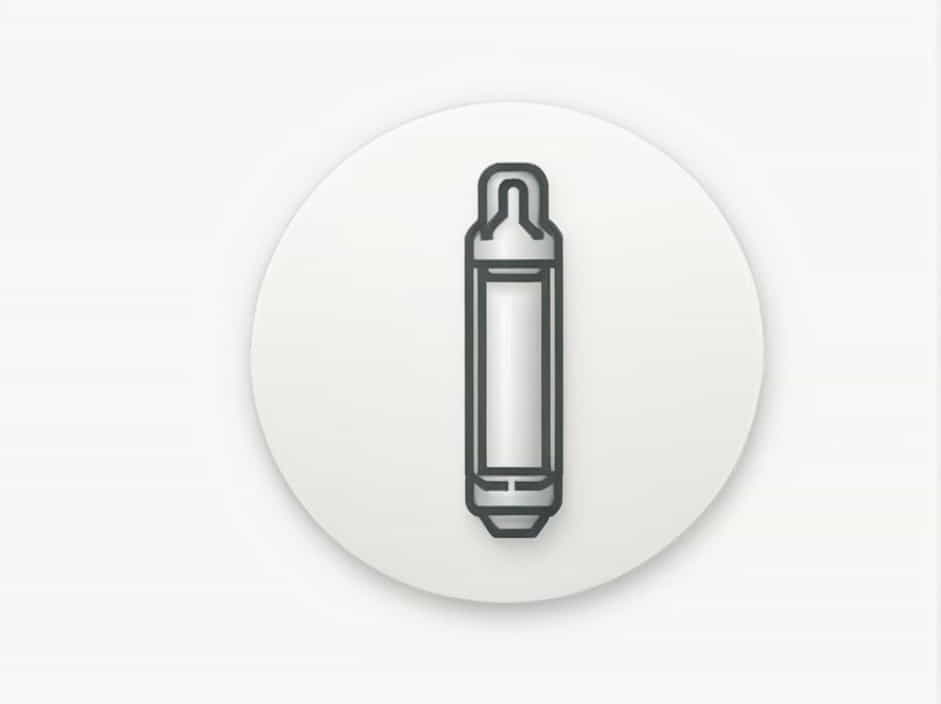Rigid nonmetallic conduit (RNC) is a crucial component in electrical installations, providing protection and organization for electrical wiring. This type of conduit is also known as PVC conduit because it is primarily made from polyvinyl chloride (PVC), a durable and non-conductive material.
RNC is widely used in residential, commercial, and industrial settings due to its lightweight structure, resistance to corrosion, and affordability. In this topic, we will explore the properties, types, benefits, and applications of rigid nonmetallic conduit, along with best practices for installation.
What Is Rigid Nonmetallic Conduit (RNC)?
Rigid nonmetallic conduit is a type of electrical conduit designed to house and protect electrical wires from physical damage, moisture, and environmental factors. Unlike metallic conduit, RNC does not conduct electricity, making it an ideal choice for certain applications, especially in wet or corrosive environments.
Common Names for Rigid Nonmetallic Conduit
- PVC Conduit (Polyvinyl Chloride Conduit)
- Nonmetallic Electrical Conduit
- Plastic Conduit
Although the term “PVC conduit” is the most commonly used, rigid nonmetallic conduit also comes in variations made from other nonmetallic materials, such as fiberglass.
Types of Rigid Nonmetallic Conduit
1. Schedule 40 PVC Conduit
- Most commonly used in residential and commercial electrical applications.
- Suitable for underground and above-ground installations.
- Lighter and more flexible compared to Schedule 80.
2. Schedule 80 PVC Conduit
- Thicker and more durable than Schedule 40.
- Designed for installations requiring extra mechanical protection.
- Commonly used in areas with potential impact risks.
3. Liquid-Tight Flexible Nonmetallic Conduit (LFNC)
- A flexible version of nonmetallic conduit.
- Used in areas that require movement or flexibility.
- Typically used for air conditioning units and motor connections.
Advantages of Rigid Nonmetallic Conduit
1. Corrosion Resistance
One of the biggest advantages of PVC conduit is its resistance to rust and corrosion. Unlike metal conduits, which can deteriorate when exposed to moisture, RNC remains unaffected by water, chemicals, and other environmental factors.
2. Lightweight and Easy to Install
RNC is significantly lighter than metal conduit, making it easier to handle and install. Electricians can cut and assemble PVC conduit with minimal effort, reducing labor costs and installation time.
3. Cost-Effective
Compared to metallic conduit options, PVC conduit is more affordable while still providing reliable protection for electrical wiring. This makes it a popular choice for budget-conscious projects.
4. Non-Conductive Properties
Since RNC does not conduct electricity, it enhances safety by reducing the risk of electrical faults or short circuits. This is particularly beneficial in installations where grounding is a concern.
5. UV and Weather Resistance
Certain types of RNC, especially those with UV-resistant coatings, are designed for outdoor use. These conduits can withstand direct sunlight and harsh weather conditions without degrading.
6. Compatibility with Underground Installations
PVC conduit is often used for underground electrical wiring since it does not corrode or react with soil. It provides long-term protection for buried cables.
Common Applications of Rigid Nonmetallic Conduit
1. Underground Electrical Installations
RNC is widely used for underground wiring in residential, commercial, and industrial projects. It protects electrical cables from moisture, soil pressure, and potential damage from digging.
2. Outdoor Electrical Systems
From street lighting to security cameras, PVC conduit is a preferred choice for outdoor electrical installations. Its weather-resistant properties ensure durability in harsh conditions.
3. Industrial and Chemical Facilities
Facilities dealing with chemicals, saltwater, or high humidity environments often use RNC because it does not corrode or degrade over time.
4. Residential Wiring Projects
Home electrical wiring systems, including garages and basements, frequently use PVC conduit for added safety and organization.
5. Data and Communication Cabling
PVC conduit is also used for protecting fiber optic cables, telephone wiring, and network cables in both commercial and residential settings.
Installation Best Practices for Rigid Nonmetallic Conduit
To ensure proper installation and long-lasting performance, follow these best practices when working with PVC conduit:
1. Proper Cutting and Bending
- Use a fine-tooth saw or PVC pipe cutter to cut RNC to the desired length.
- Apply a deburring tool to smooth out rough edges after cutting.
- For slight bends, use a heat gun to warm the PVC before shaping.
2. Secure Connections with PVC Cement
- When joining PVC conduit sections, use PVC cement (solvent welding) to create a secure and permanent bond.
- Apply primer before cementing for stronger adhesion.
3. Allow for Thermal Expansion
- PVC conduit expands and contracts with temperature changes. Use expansion joints in long runs to prevent cracking or buckling.
4. Follow Electrical Code Requirements
- National and local electrical codes specify proper conduit sizing, burial depth, and installation methods. Always check regulations before beginning any project.
5. Use Proper Fittings and Supports
- Secure PVC conduit with appropriate brackets and supports to maintain stability.
- Avoid excessive bending, which can reduce airflow and increase the risk of overheating.
Comparison: Rigid Nonmetallic Conduit vs. Other Conduits
| Feature | Rigid Nonmetallic Conduit (PVC) | Rigid Metal Conduit (RMC) | Electrical Metallic Tubing (EMT) |
|---|---|---|---|
| Material | Plastic (PVC) | Galvanized Steel | Thin-Wall Steel |
| Corrosion Resistance | Excellent | Moderate | Low |
| Weight | Lightweight | Heavy | Moderate |
| Cost | Affordable | Expensive | Moderate |
| Electrical Conductivity | Non-Conductive | Conductive | Conductive |
| Flexibility | Somewhat Flexible | Rigid | Rigid |
| Installation Ease | Easy | Difficult | Moderate |
Rigid nonmetallic conduit, commonly known as PVC conduit, is a reliable and cost-effective solution for protecting electrical wiring. Its resistance to corrosion, lightweight nature, and ease of installation make it a popular choice for residential, commercial, and industrial applications.
By following best practices for cutting, joining, and securing PVC conduit, electricians can ensure a durable and safe installation. Whether used for underground wiring, outdoor lighting, or industrial environments, rigid nonmetallic conduit remains a vital component in modern electrical systems.
